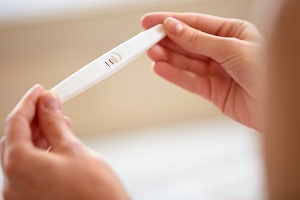Between 1975 and 2016, the rate of obese people tripled. It is estimated that there are around 1.9 billion obese adults in the world. In 2013-2014, approximately 66.9% of US women were overweight or obese. How is this associated with infertility and what effect does it have on the outcome of assisted fertilization?
A recent study analyzed the outcomes of in vitro fertilization (IVF) in women with different body mass. The researchers used data from 51,198 women who were undergoing the first fertilization cycle. To facilitate the analysis, they divided them into the following groups:
- underweight;
- normal weight;
- overweight;
- obese class I;
- obese class II and III.
To get data as reliable as possible, they took into account factors such as age, ovarian reserve, the number of implanted embryos. It was found that overweight and obese women had a higher rate of cancellation of the fertilization cycle. In addition, obese women have produced less oocytes than just overweight or normal weight.
The number of embryos that can be used for IVF was also lower. According to the data analyzed, there was a lower rate of parts among obese women. Even underweight women have had a number of problems, however: the success rate of their fertilization cycles was equal to that of overweight women, therefore lower than normal-weight women.
Source: medscape.com
















